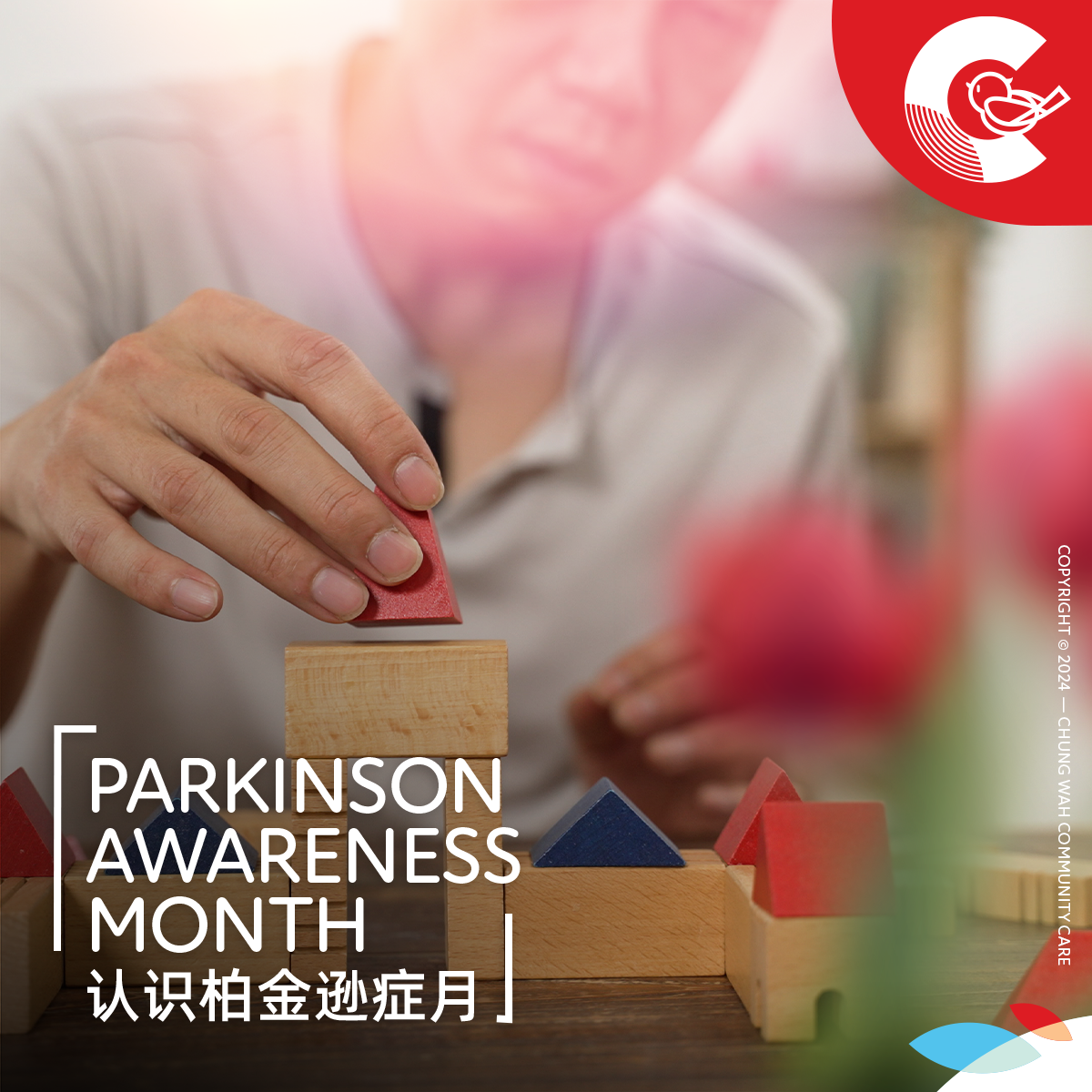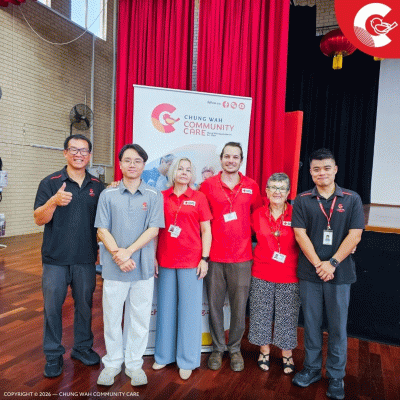
April is recognised globally as Parkinson's Disease Awareness Month, a time dedicated to spotlighting a common neurodegenerative disorder that ranks just behind dementia in prevalence. This month provides us all with an enhanced opportunity to learn more about Parkinson's disease and to offer better support to those it affects and their families.
Parkinson's disease (PD) is known for its gradual progression. Limb tremors, particularly noticeable at rest, are among the most common initial symptoms. Individuals may also experience muscle stiffness, slow movement, and difficulties with balance and posture. While these symptoms can impact the quality of life, advances in medical research and healthcare mean we are better equipped to manage these symptoms effectively, thus improving daily life for those diagnosed.
The root causes of PD remain largely unknown, although it is often associated with the degeneration of dopamine-producing neurons in the brain. Dopamine is a crucial neurotransmitter that regulates movement and coordination. A deficiency in dopamine leads to the characteristic symptoms of the disease, including uncoordinated movements. Parkinson's usually affects older adults aged 50-60 but can also present in younger individuals.
The management of PD includes medications that help raise dopamine levels to alleviate symptoms alongside physical therapies that maintain flexibility and muscle strength, reducing the risk of falls. Surgical interventions like deep brain stimulation may sometimes enhance motor control. Beyond medical treatment, community and familial support play critical roles. Understanding the disease enables families to better support their loved ones, helping them navigate the challenges that come with their symptoms. Community initiatives and resources also offer invaluable support and information. In Western Australia, Chung Wah Community Care (CWCC) collaborates with organisations like Parkinson's WA to host awareness seminars and activities aimed at increasing public knowledge about Parkinson's and providing needed support and resources. These activities educate patients and families and foster community support and collaboration.
By increasing awareness and support for Parkinson's disease, we can create a more inclusive and empathetic community environment for patients and their families. This not only helps improve their quality of life but also encourages ongoing medical and research advancements, opening up more possibilities for future treatments and preventative measures.Parkinson's disease significantly impacts many lives, but through integrated treatment and robust support systems, we can help those affected lead healthier and more meaningful lives. Let's join forces this April to ensure every person touched by Parkinson's feels more understood and supported within their community.





